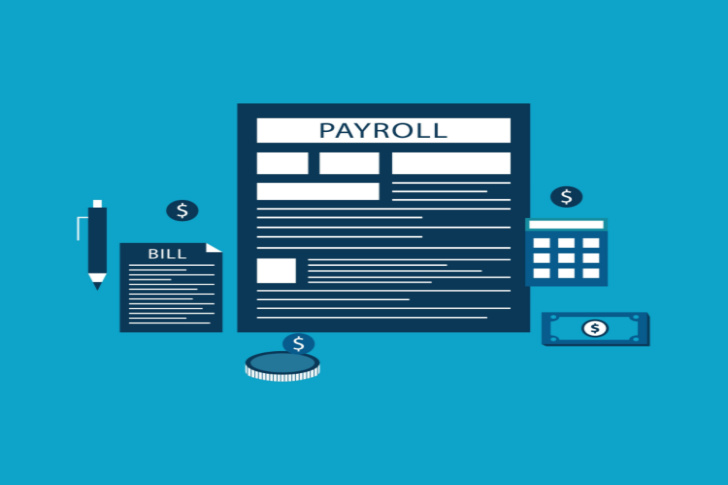Utilising global payroll analytics for decision making and mitigating business risk
CFOs should look to utilise payroll data and new analytical tools to make data-driven decisions regarding staffing, both in terms of onboarding and performance
CFOs should look to utilise payroll data and new analytical tools to make data-driven decisions regarding staffing, both in terms of onboarding and performance

CFOs are the custodian of a business’ risk management strategy, and the ability of a finance function to make decisions quickly and effectively is the bedrock of great risk mitigation. Payroll is an integral weekly and monthly output for finance leaders, which, if lacking accuracy and promptness, can lead to huge repercussions for cash flow management.
As finance leaders prepare for the impending recession, the need for a concrete handle on payroll is more important than ever to forecast accurately and understand operational expenses for better decision making.
On October 18, 2022, the CFO Executive Dialogue hosted an interactive roundtable of senior finance leaders. The discussion was led by Stuart Dabb, CFO of the CFO FD Centre, and supported by Richard Limpkin, Chief Strategy Officer of Immedis.
The group collaboratively discussed how payroll data can be used to help finance functions become more agile against uncertainty in both the political and economic landscape. The session was conducted under Chatham House rules so while this write-up will highlight key discussion points and takeaways, citations have been anonymised.
The discussion began with participants being asked what some of their teams’ greatest challenges were, and whether there was a role for payroll data.
With regards to talent and recruitment, participants noted payroll data could be used to analyse where resource was potentially needed, and where job vacancies should be advertised. Payroll data can also be used to help with cost reductions, panellists noted.
What was clear was that payroll data would be more useful if it was reported to finance teams in real-time. Understanding how to get ‘structured information’ from payroll data, was also an area where participants noted there needed to be some improvement.
Given the pace of globalisation, many businesses now operate across borders – an added challenge for CFOs having to conduct payroll operations.
The participants agreed there were several challenges that arise with international payroll frameworks: understanding the local employment laws, keeping track of different contracts and notice period requirements, and ensuring you are abreast of local regulation and compliance.
This is where scenario planning could come in useful, participants noted, and where payroll data could be used to gain visibility across regions.
Participants were invited to share examples of when a lack data had resulted in the wrong decisions being made. One finance leader noted their business had decided to close departments across different geographical regions. A lack of data meant the financial team was unable to monitor cash flow effectively, in addition to not knowing what severance packages would be needed for those employees being let go.
Another participant highlighted the difficulties around hybrid working; they noted that agreeing for team members to work in other countries, in principle, is fine. But finance leaders need to ensure they have information regarding taxation, to ensure their employees are adhering to local employment laws.
Another participant shared, “when people operate in different jurisdictions the taxation laws are different. It becomes challenging to forecast accurately due to compliance issues around these laws which can lead to fines and penalties.”
While analytics tools are slowly being integrated across businesses worldwide, financial leaders at the event noted that their teams were slower than most to utilise these tools fully.
One participant mentioned the payroll process and use of relevant analytics in her company were not so advanced. She noted her team was not utilising tools nor were they analysing any of the payroll information when it comes to supporting decision making. Instead, her team were combining excel spreadsheets from different departments and working with HR to get this data.
This participant noted the processes currently being used by her organisation were clunky, and that for a multi-national business, the need for consistent information formats was crucial. She noted her ambition was to streamline the data into one payroll system which would be rolled out across the entire business.
Additional participants agreed a single payroll system would make digesting data easier for their decision making; even better would be a system that could overcome language barriers and help translate local employment laws.
But there was no denying the buzz around payroll data and its potential to continue to revolutionise how the finance function works.